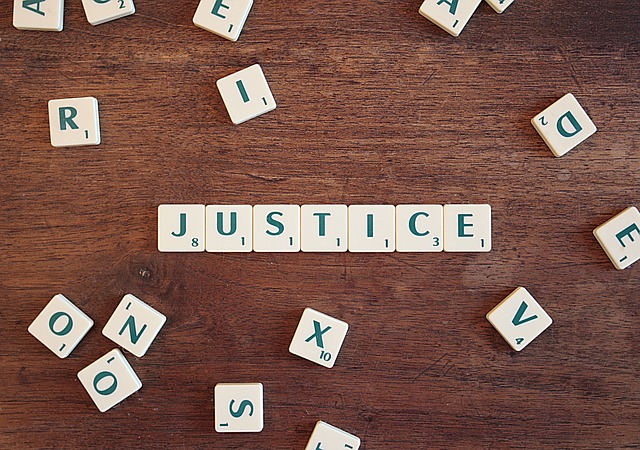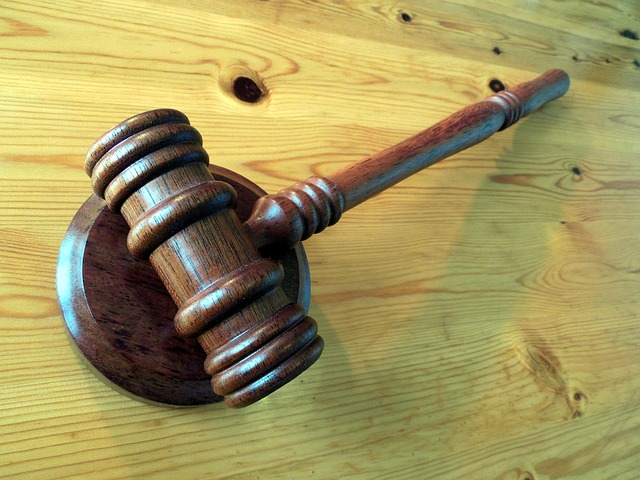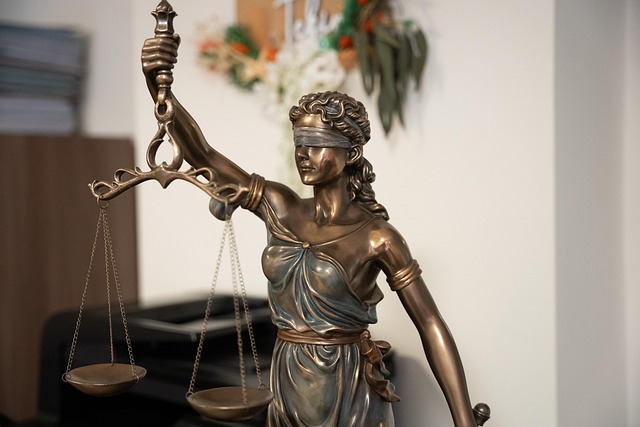Litigation Support Services equip legal professionals with strategic tools for complex case management, particularly in plea bargaining. These services offer advanced technologies and expert guidance for data analysis, e-discovery, and expert witness management. By leveraging these resources, prosecutors can enhance their negotiation strategies, balancing justice and mutually agreeable outcomes. Effective prosecutor strategies consider case specifics, evidence strength, and defendant history, impacting corporate and white-collar defenses. This approach leads to faster, more transparent resolutions in high-stakes cases, ultimately securing favorable outcomes for all involved.
“Discover the transformative power of Litigation Support Services, a game-changer in legal practice. This comprehensive guide delves into the intricate world of these services, offering valuable insights for legal professionals. From understanding the core concepts to exploring the art of prosecutor strategies in plea bargaining, we uncover key components and ethical considerations.
Learn from real-world case studies showcasing successful implementations, providing a strategic edge in navigating complex legal landscapes. Uncover how these services optimize the plea bargaining process, enhancing negotiation tactics and outcomes.”
- Understanding Litigation Support Services: An Overview
- The Role of Prosecutor Strategies in Plea Bargaining
- Key Components of Effective Plea Bargaining Negotiations
- Ethical Considerations and Best Practices in Litigation Support
- Case Studies: Successful Implementation of Litigation Support Services
Understanding Litigation Support Services: An Overview

Litigation Support Services are designed to assist legal professionals in preparing for and navigating complex legal proceedings efficiently. These services encompass a wide range of activities, from case analysis and strategy development to expert witness management and document discovery. By leveraging advanced technologies and methodologies, litigation support specialists enhance the prosecutor’s strategies in the plea bargaining process, enabling them to achieve extraordinary results. This is particularly crucial when dealing with corporate and individual clients facing winning challenging defense verdicts.
Effective litigation support streamlines critical tasks, ensures compliance with legal standards, and provides valuable insights that can strengthen cases. It includes data analytics, e-discovery tools, and specialized software tailored to identify relevant information from vast amounts of documents. These resources empower prosecutors to make informed decisions, craft compelling arguments, and ultimately secure favorable outcomes, whether it’s a settlement during plea negotiations or a successful verdict in court.
The Role of Prosecutor Strategies in Plea Bargaining

In the complex landscape of criminal litigation, prosecutor strategies play a pivotal role in the plea bargaining process. These negotiations, which often occur behind closed doors, involve a delicate balance between seeking justice and reaching mutually agreeable outcomes. Prosecutors employ various tactics to secure favorable results, including offering reduced charges or sentencing recommendations in exchange for guilty pleas. This strategic approach not only streamlines the judicial process but also allows both parties to anticipate potential outcomes and make informed decisions.
Effective prosecutor strategies consider the unique circumstances of each case, factoring in elements such as evidence strength, defendant’s prior record (or lack thereof), and the broader implications for both the respective business and white-collar defense sectors. An unprecedented track record of successful plea bargaining can enhance a prosecutor’s leverage, demonstrating their ability to navigate complex legal scenarios and achieve resolutions that benefit all involved parties while maintaining the integrity of the justice system.
Key Components of Effective Plea Bargaining Negotiations

Effective plea bargaining negotiations are a critical component of the criminal justice system, allowing for efficient case resolution while ensuring fairness. Key components include strategic communication between the prosecutor and defense counsel. Prosecutors must employ tailored strategies, considering the unique circumstances of each case and respective business interests. By assessing the strength of their evidence and evaluating potential sentencing outcomes, prosecutors can offer plea bargains that balance the need for justice with the desire to avoid lengthy and costly trials.
Successful negotiations require a deep understanding of the law, as well as an awareness of the impact on both corporate and individual clients across the country. Prosecutors must remain impartial while also advocating for the public interest, ensuring that any agreements are in line with broader legal principles and community expectations. This delicate balance demands skilled negotiation tactics and a commitment to fairness throughout the plea bargaining process.
Ethical Considerations and Best Practices in Litigation Support

In the realm of litigation support services, ethical considerations and best practices are paramount to achieving extraordinary results in both civil and general criminal defense matters. As a professional, it’s crucial to maintain the highest standards of integrity throughout the entire process. This includes ensuring confidentiality, as lawyers and support staff must safeguard sensitive client information. Transparency and honesty with clients are also vital; clear communication about potential outcomes and strategies, including prosecutor strategies in plea bargaining processes, foster trust and informed decision-making.
Adhering to best practices involves staying current with legal developments and technological advancements that can enhance litigation support. Utilizing innovative tools for evidence analysis and presentation can streamline proceedings and strengthen cases. Moreover, respecting the integrity of the judicial process is fundamental; this means avoiding any actions that could compromise the fairness of jury trials or undermine the authority of the courts. Such ethical conduct not only ensures the success of individual cases but also strengthens public trust in our legal system.
Case Studies: Successful Implementation of Litigation Support Services

Litigation Support Services have proven their value through numerous case studies, showcasing successful implementations that have significantly enhanced legal proceedings. One notable area where these services shine is in assisting prosecutors during the plea bargaining process. By leveraging data analytics and strategic insights, support services enable prosecutors to craft compelling arguments, ultimately facilitating negotiations with defendants’ attorneys. This approach has led to achieving extraordinary results in high-stakes cases, ensuring justice is served efficiently.
For his clients, these litigation support strategies have proven instrumental. Through the analysis of complex legal landscapes and historical case data, the process becomes more transparent and predictable. This predictability empowers prosecutors to adapt their strategies, making them better equipped to navigate the intricate web of the plea bargaining process. As a result, cases are resolved faster, resources are utilized more effectively, and satisfactory outcomes for both parties become increasingly attainable.
Litigation Support Services play a pivotal role in modern legal practice, streamlining processes and enhancing efficiency. By understanding the intricacies of prosecutor strategies in plea bargaining and adhering to ethical best practices, legal professionals can navigate complex negotiations effectively. The case studies presented highlight successful implementations, demonstrating the transformative potential of these services. Incorporating these insights into litigation support strategies can lead to more favorable outcomes, ensuring a balanced approach that respects both justice and procedural fairness.






